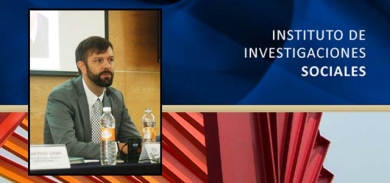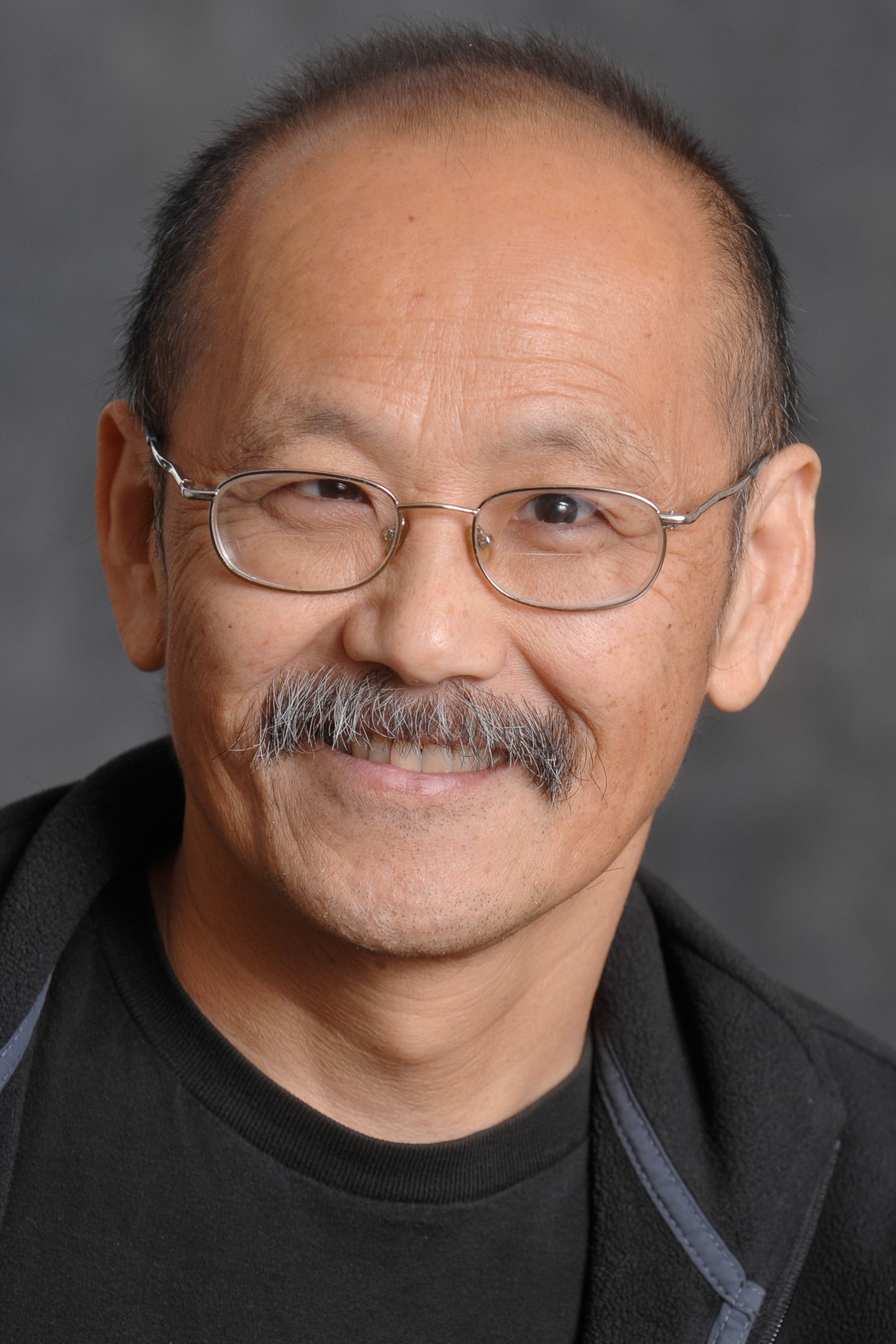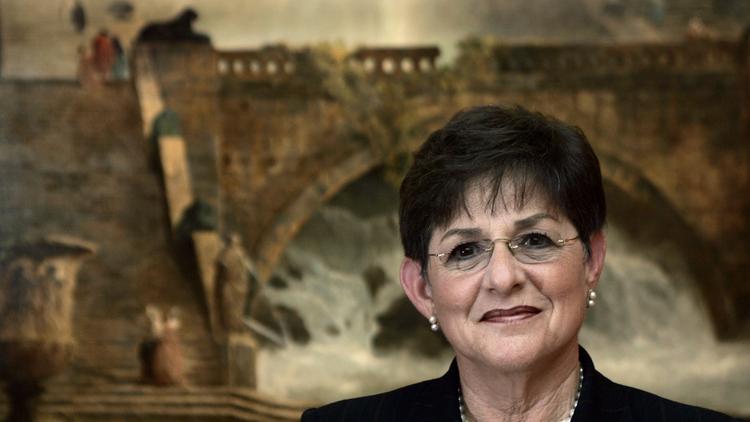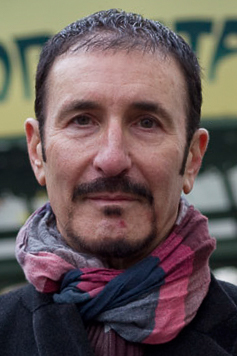There’s a Brand New Vocabulary on the Streets, Says NYC Planning Rock Star UCLA Regents’ Lecturer Janette Sadik-Khan Discusses Designing the 21st-Century City.
By Stan Paul
New York has long been known for its colorful language, distinctive regional accents and even its own definition of time: the proverbial “New York minute.”
But, while New Yorkers are still in a hurry, “There’s a brand new vocabulary on the streets,” said UCLA Regents’ lecturer and former commissioner of New York City Department of Transportation, Janette Sadik-Khan, who spoke to a full house Wednesday evening at UCLA. The event was part of the UCLA Luskin Welcome Week.
Sadik-Khan, who was appointed in 2007 by Mayor Michael Bloomberg, ran the department until 2013 and is currently a principal with Bloomberg Associates.
“You will see that there is a sea-change in what the streets of New York look like. There’s a brand new vocabulary on the street that didn’t used to be there,” she said. Throughout the evening, Sadik-Khan provided case studies and data about the many innovations and improvements that have occurred in recent years. These included transforming Times Square – “a crossroads of the world” — into a pedestrian friendly place, expansion of bus service routes, the creation of the largest bike share program in U.S. and the addition of 400 miles of bicycle lanes, to name just a few.
“New Yorkers now talk about traffic calming. New Yorkers now talk about bike sharing. New Yorkers now talk about way-finding, said Sadik-Khan, adding, “There is just a completely different set of transportation options and designs on the streets of New York. Once known as the ‘mean streets’ I think they’ve really changed.” She noted that younger people today are looking for choices that include not taking on the burden of car ownership. This is important because “The choices we make today about how we prioritize our streets…has worldwide implications for generations to come.”
Sadik-Khan is acclaimed for her work to transform the transportation system in New York City. The crowd that filled the hall was made up of students, alumni, faculty and city and community leaders who work in the field. At the start of the evening, Sadik-Khan was introduced to the podium by Evelyn Blumenberg, chair of the UCLA Department of Urban Planning at the Luskin School of Public Affairs, who acknowledged Sadik-Khan’s renown in the transportation world.
“So often we hear about the many urban problems facing large urban areas…bankruptcy, poverty, poor urban design, traffic congestion, pollution and on,” said Blumenberg. “It’s awesome when someone in my own line of work achieves rock star status and tremendous visibility for helping to address some of these problems.”
“I’m really honored to be here with you as the Regents’ Lecturer at the Luskin School. I think the work is extraordinary, what you are doing here,” said Sadik-Khan.
During her lecture, Sadik-Khan outlined how increasing the safety and sustainability of a city is not just a single strategy, but “a panoply” that includes creating plazas and walkways and even creating places for people to just sit, putting “new life into old spaces.”
“Streets are our most valuable asset in cities and yet our street designs haven’t taken into account the ways people want to use them,” she said. “This dysfunction has somehow become accepted. We’ve become used to our streets as being out of balance.”
Sadik-Khan concluded the lecture with a word of caution and advice. Recounting the ways the media reported negatively on the changes she implemented in New York City, she explained that, “when you push the status quo, it can push back.” She added: “We are simply not going to create healthier, safer, more sustainable cities with the strategies that we followed up till now, that ignore all the other ways that a street is used.”
Her recommendation to the diverse audience of planners, academics, citizens and those who work daily in city government on these problems was this: “All sorts of new options are taking hold and planners need to adapt to these new changes and understand the way people want to get around. And we’re really just starting to glimpse what this shared economy means for transportation and cities.”
Following her presentation, transportation planning expert and Urban Planning Professor Emeritus Martin Wachs led a lively and informative question and answer session.
In addition to her Regents’ Lecture, Sadik-Khan was a guest speaker at an Urban Planning graduate course at the Luskin School on Thursday.





